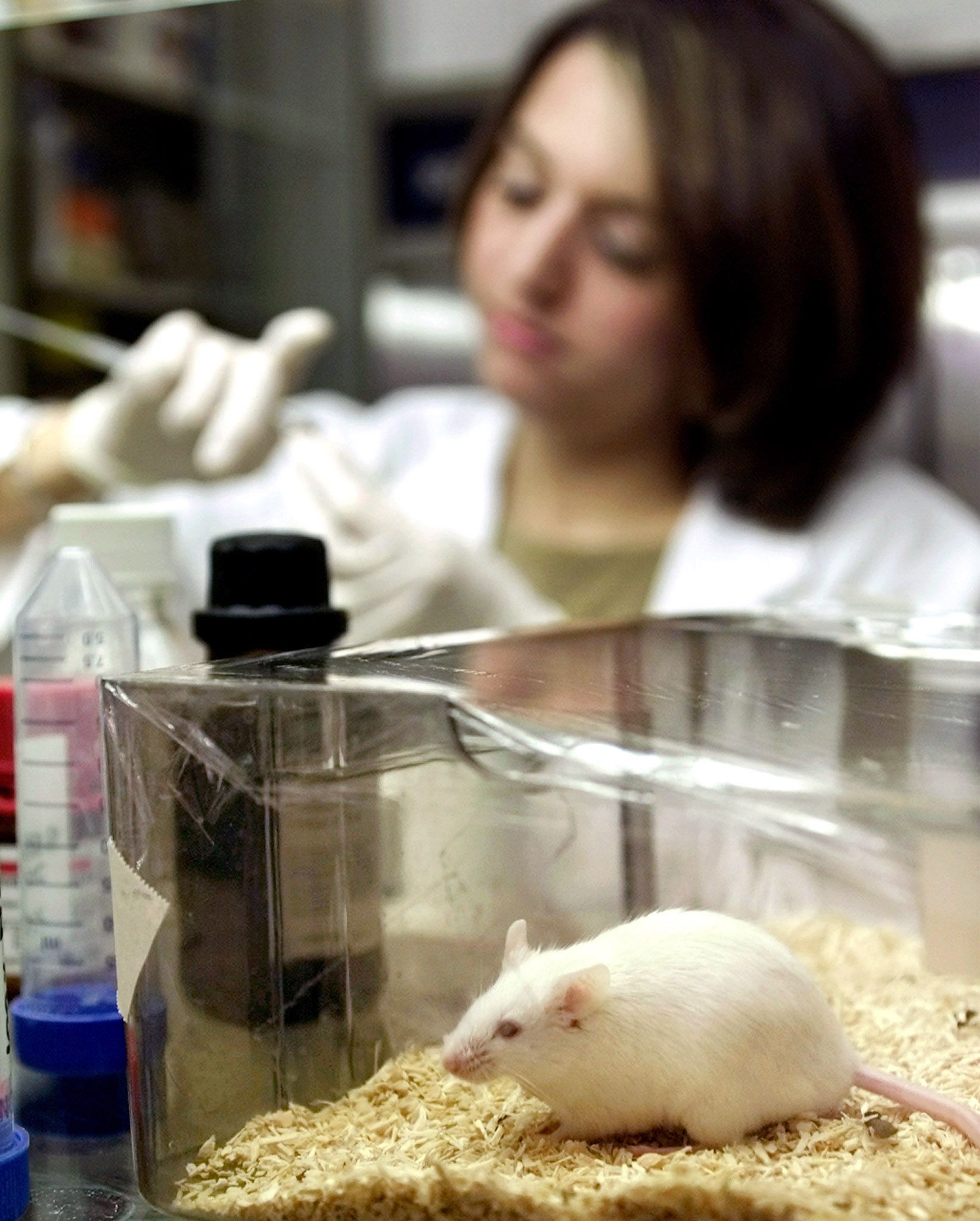
🎙️ Voice is AI-generated. Inconsistencies may occur.
Scientists publish hundreds of studies every day on mice, giving the rodents an antidepressant here or tweaking the animal's immune system there.
But it's not because we actually care that much about mouse biology; we're really after a better understanding of ourselves. One of the most vexing questions in science has long been how well results in mice translate to humans.
A team of more than 130 scientists has collaborated over the course of seven years to lay the groundwork required to answer this question, by mapping genetic "control centers" mice use to regulate their own genes, said study co-author Michael Beer of Johns Hopkins University in Baltimore. The results of their labors were published today in Nature.
Both the human and mouse genomes have already been sequenced, but this project takes the next step, identifying the pathways mice use to produce proteins, Beer tells Newsweek. (Protein creation is, after all, the raison d'être of DNA.)
The results, as you might imagine, are complicated, since these genetic pathways govern every aspect of biology. Scientists found that in some ways, mice are more similar to humans than previously thought, and in other ways are more different.
For example, a mouse liver cell is more similar to a mouse brain cell than it is to a human liver cell (at least in terms of protein type and quantity), Beer notes. And mouse immune systems are even more distinctive than previously thought, he says, which could have implications for scientists looking to apply immunological mouse research to humans.
But in other ways, especially in the genetic mechanisms within a cell's nuclei, we are very similar.
"There is a lot of conservation of genes between mice and humans," so it does make sense to continue using mice and other "animal systems to understand human biology," says Joseph Ecker, a researcher at the Salk Institute for Biological Studies in La Jolla, California, who wasn't directly involved in these studies.
The upshot of the research is that now that we can delve deeper into the similarities and differences between mice and men, so to speak, hopefully we'll be able to learn how to better test human medicine in mice.